September 11, 2020
Dear Friends of the Persian Garden,
Ali Granmayeh and Marjan Ghara created an English translation of Fereydoun Moshiri's poem, “Scent of Rain,” which captures that pure feeling of joy that overtakes you as the green leaves unfurl and the first blooms appear.
Dear Friends of the Persian Garden,
Ali Granmayeh and Marjan Ghara created an English translation of Fereydoun Moshiri's poem, “Scent of Rain,” which captures that pure feeling of joy that overtakes you as the green leaves unfurl and the first blooms appear.
Ali wrote:
“This poem had a major impact on me when I first read it, as it was sent to me by a friend. Eons ago when I was young, I was going through a funk – can’t remember exactly why, but I had been down for months all through the winter. I received the poem just as Nowruz [the Persian new year, on the first day of spring] was arriving.
“As I reflected on the message, it dawned on me that the ancient Persians were also in the same place I was. The dark nights and cold of the winter were going to be over, time to get out of your funk, celebrate the arrival of a new day [Nowruz] by losing yourself in the spring. Flowers, greens, fresh clean rain, birds chirping, rejoice!
“Sorrow has many ways to drag you in, tie you up. Different charms that can mesmerize you, put a spell on you. And if you don’t break that jar, that glass that mesmerizes you with its different colors, the spell only grows stronger. It now mesmerizes you with many more curses, making it much more difficult for you to escape its spell.”
Moshiri bridges the past and the present in his poetry by dipping into the well of tradition for poems with equal bayts (verses) while splashing forward into the rushing waters of free verse.
Reading Moshiri's poetry is like opening a time capsule to a place, a season, a feeling.
Many thanks to Ali and Marjan for sharing this poem and what it has meant to them.
“This poem had a major impact on me when I first read it, as it was sent to me by a friend. Eons ago when I was young, I was going through a funk – can’t remember exactly why, but I had been down for months all through the winter. I received the poem just as Nowruz [the Persian new year, on the first day of spring] was arriving.
“As I reflected on the message, it dawned on me that the ancient Persians were also in the same place I was. The dark nights and cold of the winter were going to be over, time to get out of your funk, celebrate the arrival of a new day [Nowruz] by losing yourself in the spring. Flowers, greens, fresh clean rain, birds chirping, rejoice!
“Sorrow has many ways to drag you in, tie you up. Different charms that can mesmerize you, put a spell on you. And if you don’t break that jar, that glass that mesmerizes you with its different colors, the spell only grows stronger. It now mesmerizes you with many more curses, making it much more difficult for you to escape its spell.”
Moshiri bridges the past and the present in his poetry by dipping into the well of tradition for poems with equal bayts (verses) while splashing forward into the rushing waters of free verse.
Reading Moshiri's poetry is like opening a time capsule to a place, a season, a feeling.
Many thanks to Ali and Marjan for sharing this poem and what it has meant to them.

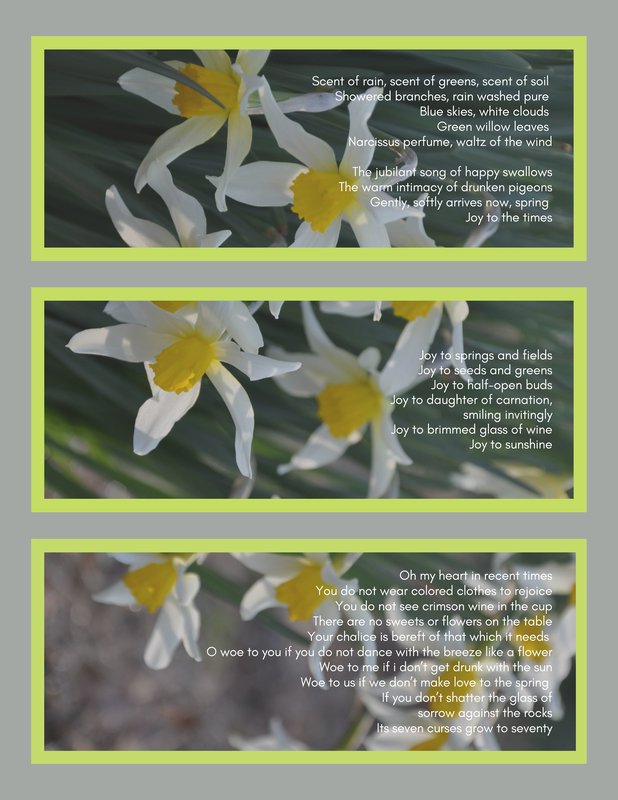
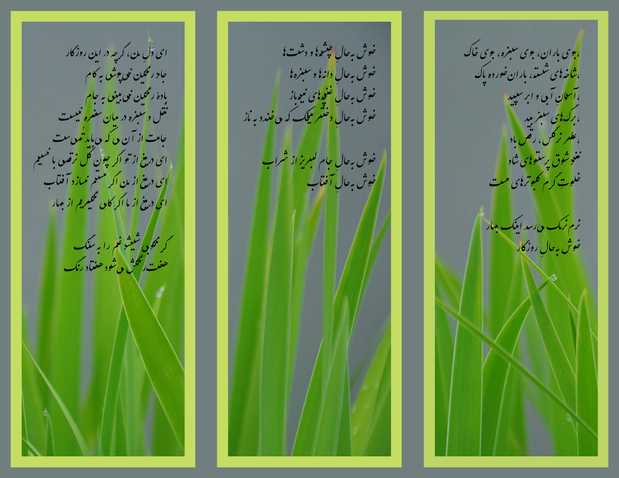
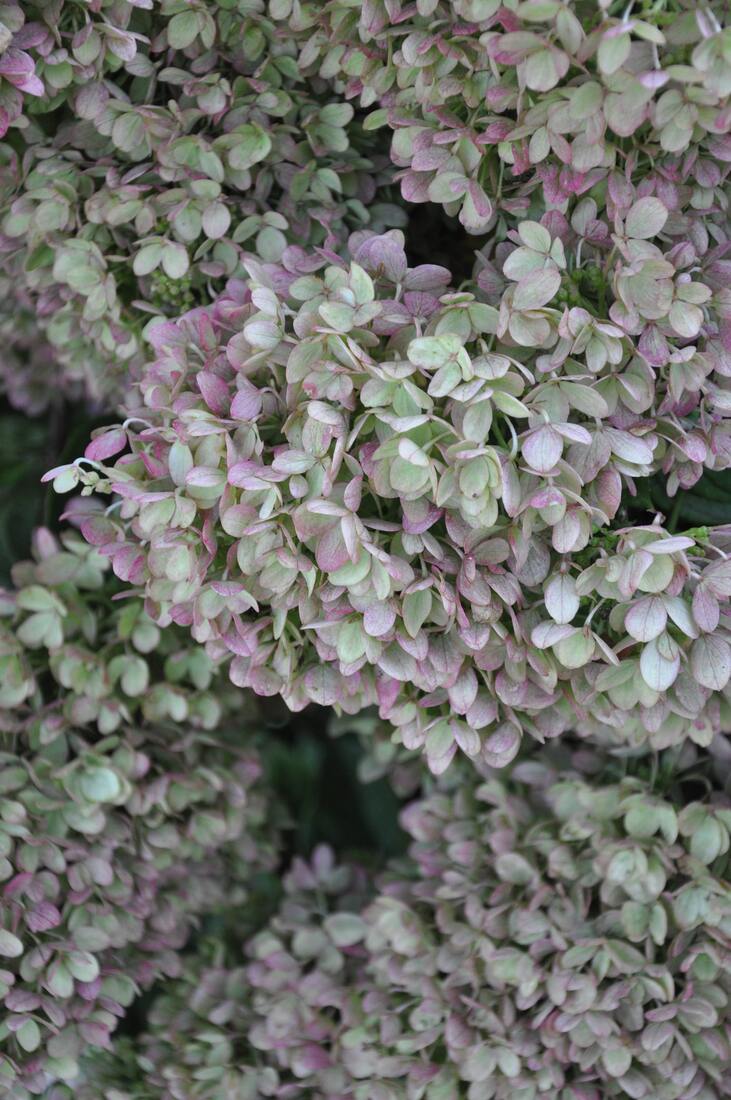
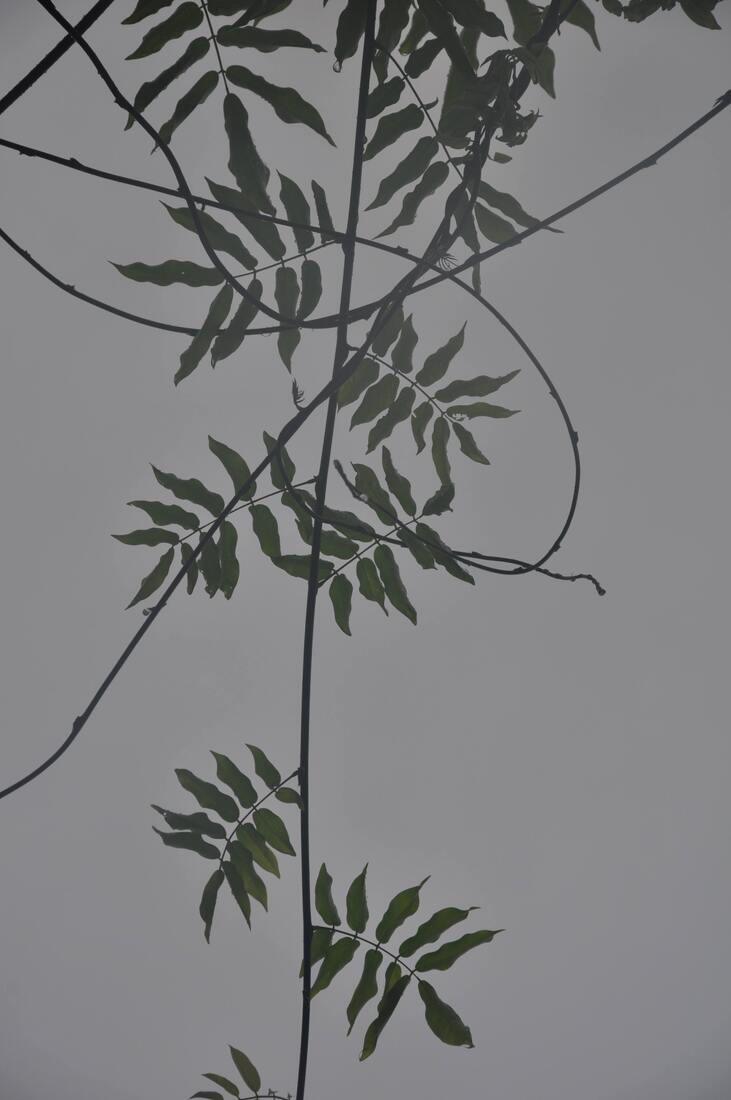
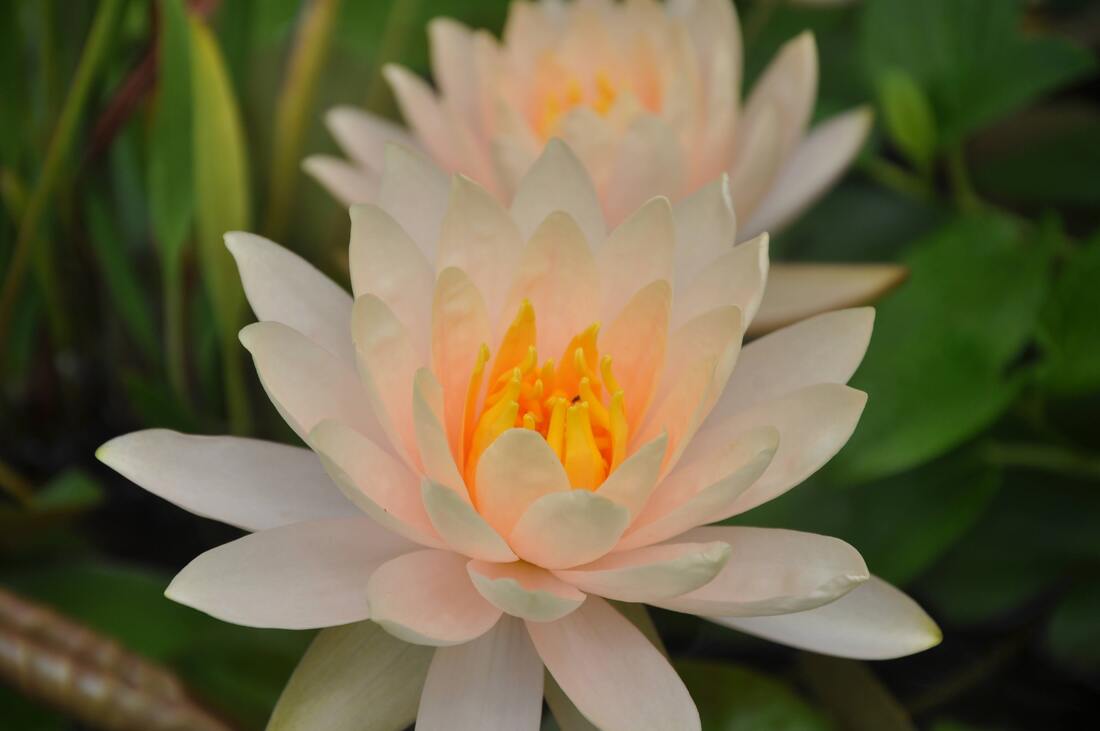




 RSS Feed
RSS Feed